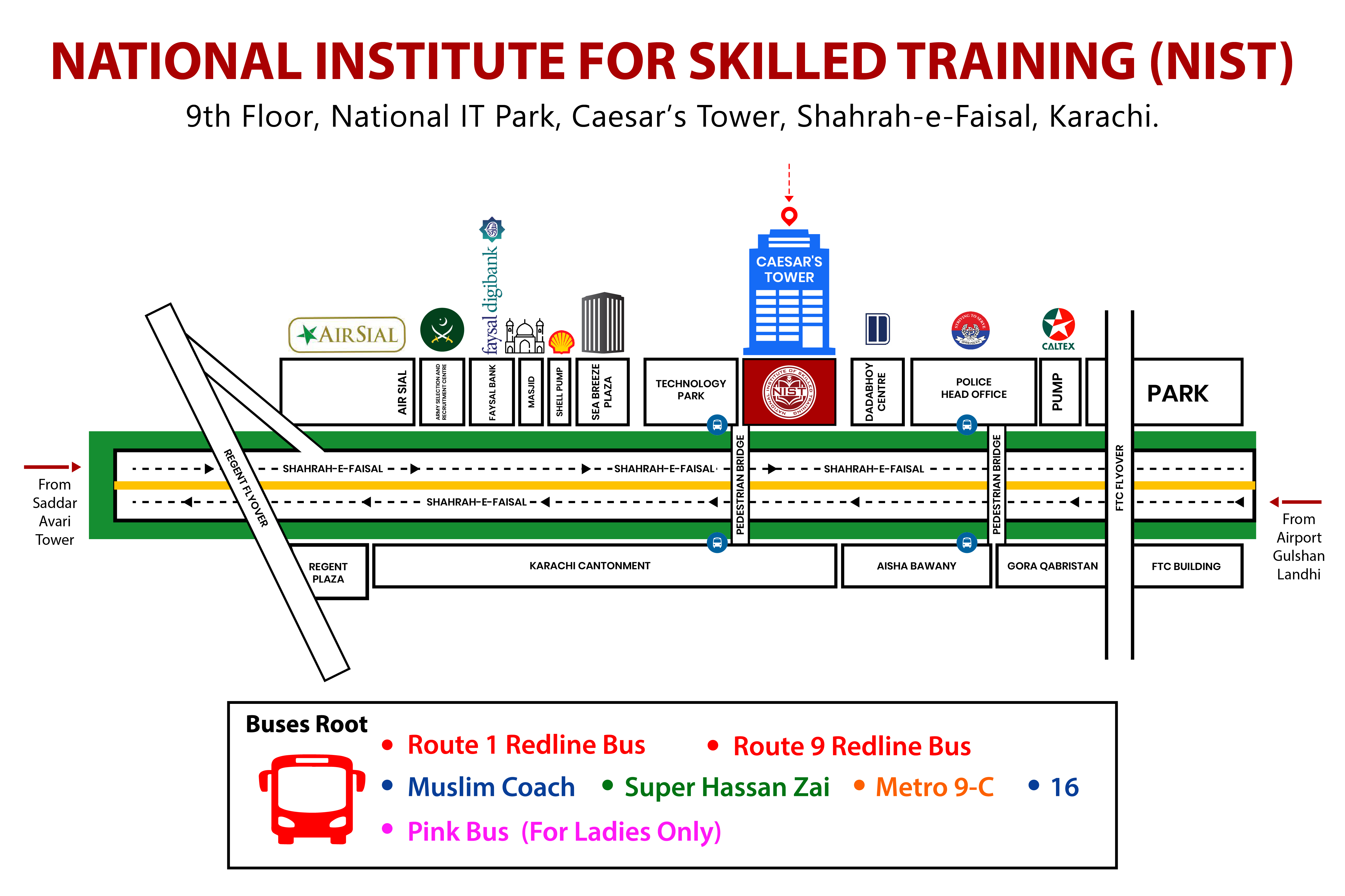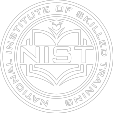In the era of rapidly advancing technology, the demand for IT professionals has skyrocketed. This has led many to question the relevance of traditional college programs offering IT degrees. With the rise of IT courses that specifically cater to the demands of the industry, many believe that these courses are gradually replacing the need for a traditional college education.
The Need for Continuous Learning
The modern world demands constant upskilling and adaptability due to the rapid advancements in technology. Long gone are the days where a bachelor’s or master’s degree would suffice for an entire career. As job roles evolve, professionals are required to frequently update their skills to remain relevant in the rapidly evolving job market.
The Rise of Online and Remote Learning
Online learning platforms have transformed education by providing accessible and flexible opportunities to learn new skills or update existing ones. Through web-based courses, individuals can acquire targeted knowledge in a bite-sized, manageable way, allowing them to fit learning into their existing schedules. The forecasted growth of the e-learning market, estimated to reach $50 billion in 2025, demonstrates the increasing popularity of this alternative learning method.
The Argument for Traditional Degrees
While the popularity of IT courses continues to rise, there are still several compelling reasons why a degree remains a valuable asset for employers.
• Proof To Handle Responsibilities
A degree serves as proof that an individual has undergone the necessary education and training to handle such responsibilities. For larger corporations that receive a high volume of applications, using degrees as a screening mechanism helps streamline the hiring process and ensures that candidates meet the necessary requirements.
• Networking Opportunities
Another significant advantage of pursuing a degree in the tech industry is the networking opportunities that come with higher education. Many view networking as a critical benefit of college life. In college, students have the chance to interact with professors, peers, and industry figures, which can lead to valuable opportunities like internships, job offers, and collaborative ventures. These connections often serve as a springboard for career advancement, as individuals can tap into their network for advice, mentorship, and job recommendations.
• Soft Skill Development
Moreover, traditional education is often praised for its role in developing essential soft skills. Beyond technical expertise, employers value qualities such as critical thinking, communication, teamwork, and time management. These skills are considered highly transferable and can significantly enhance career opportunities in the tech industry. Traditional educational environments provide students with numerous opportunities to hone these skills through group projects, presentations, and extracurricular activities. Furthermore, the diverse range of coursework in a degree program exposes students to various subjects and disciplines, fostering a well-rounded skill set that goes beyond programming languages and frameworks.
Reasons behind the Growing Popularity of IT Courses
Here are some of the reasons behind the growing popularity of IT courses:
• Practical and Industry Oriented Curriculum
One of the key reasons why IT courses are gaining momentum is their practical and industry-oriented curriculum. While traditional college programs often focus on theoretical knowledge, IT courses equip students with practical skills that can be immediately applied in the job market. These courses typically cover a wide range of topics, such as programming languages, data analytics, cybersecurity, and cloud computing, which are highly sought after by employers. The hands-on experience provided by IT courses allows students to gain real-world knowledge and develop the skills necessary to excel in the IT industry.
• Shorter Duration Compared To Traditional College Programs
Moreover, IT courses often have a shorter duration compared to traditional college programs. While a bachelor’s degree in IT usually takes around four years to complete, IT courses can sometimes be completed in a matter of months. This shorter duration appeals to individuals who are looking to enter the job market quickly or those who want to upskill and adapt to the fast-changing IT landscape. The flexibility of these courses makes them highly attractive to both recent high school graduates and professionals seeking career advancement.
• The Cost Of IT Courses Is Significantly Lower
Furthermore, the cost of IT courses is significantly lower compared to traditional college programs. Tuition fees for a bachelor’s degree can be exorbitant, often leaving graduates burdened with considerable student loan debt. In contrast, IT courses tend to be more affordable and accessible, allowing individuals to gain valuable skills without incurring substantial financial obligations. This affordability factor makes IT courses a viable alternative for those who want to kickstart or enhance their careers within the budget.
• Earn Industry Recognised Certifications
IT courses provide students with the opportunity to earn industry-recognized certifications. These certifications hold immense value in the job market, as they validate the skills and knowledge acquired by individuals. Many employers prioritize candidates with specific certifications, such as Graphic Designing, Web Designing, Asp.net Development, MS SQL, C++ Programming, Java Programming, Search Engine Optimization, or Social Media Marketing. By completing IT courses and obtaining these certifications, individuals increase their prospects of securing desirable job positions and advancing their careers
• The Importance of Experiential Learning
Employers are recognizing the value of practical experience and hands-on learning. Internships, apprenticeships, and on-the-job training programs provide real-world exposure and allow individuals to develop skills through direct application in professional settings. By actively engaging in practical scenarios, learners gain invaluable experience that goes beyond theoretical knowledge, preparing them for the demands of their chosen profession.
In conclusion, while IT degrees still hold relevance, IT courses are steadily replacing traditional college programs due to their practical curriculum, shorter duration, affordability, and potential for industry-recognized certifications. The demand for IT professionals is rapidly increasing, and IT courses offer a fast-track to acquiring the necessary skills and knowledge in this dynamic industry. However, it is important to recognize that both paths have their own advantages, and the choice between an IT degree and an IT course ultimately depends on an individual’s career goals, financial situation, and personal preferences.
The Best Computer Institute in Karachi
NIST, the best computer institute in Karachi, has been providing quality IT courses for over 10 years, making it the number one choice for professional training and computer education courses. At NIST, we are proud of our unrivalled reputation as a leading computer institute in Karachi. Our team of enthusiastic leaders and instructors are passionate about computer education courses, web development courses, graphic designing courses, and more. They are dedicated to helping individuals aim high and reach their full potential in their chosen field.
Our professional courses in Karachi have been meticulously designed to provide continuing professional development in the workplace. We believe that practical experience is as important as theoretical knowledge, which is why our students spend at least 50% of their time in class learning basic concepts and 50% of their time working on real-time projects.
This hands-on approach helps them build skills, confidence, and clarity, ensuring they are prepared for the challenges of the professional world. Moreover, we offer certifications and all-inclusive one-month internship programs to further enhance their learning experience.
Our experts are hands on to discuss our professional training courses with you. Call our team for a friendly chat on 021-37130092 or email your details on [email protected]
Summary:
While IT degrees remain relevant, the rise of IT courses reflects a shift towards more practical, affordable, and flexible education options. Both paths offer unique advantages, and the choice between an IT degree and an IT course ultimately depends on individual career goals and circumstances. Institutions like NIST in Karachi exemplify the growing trend of providing quality IT education through practical, hands-on training, ensuring students are well-prepared for the demands of the industry.



















